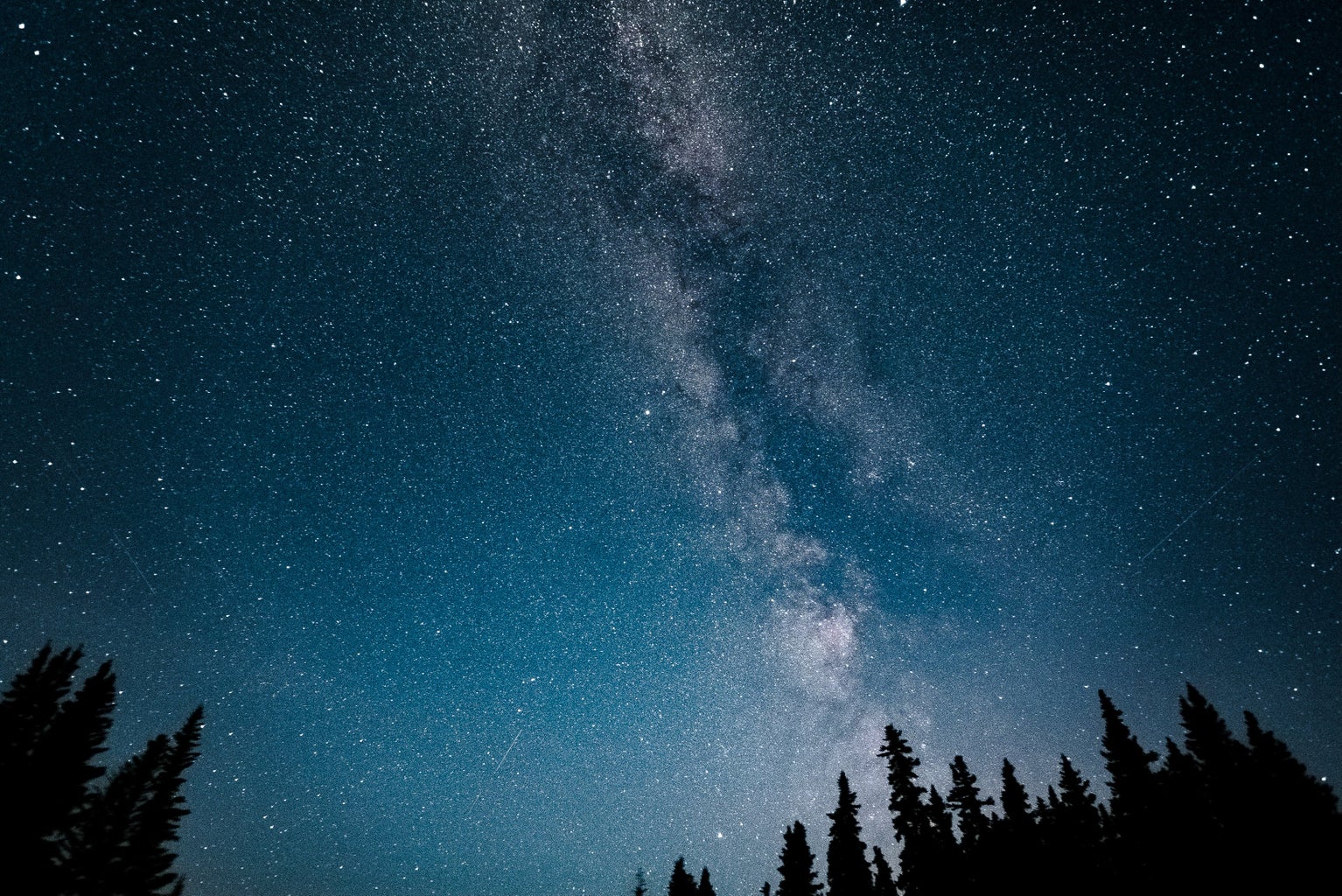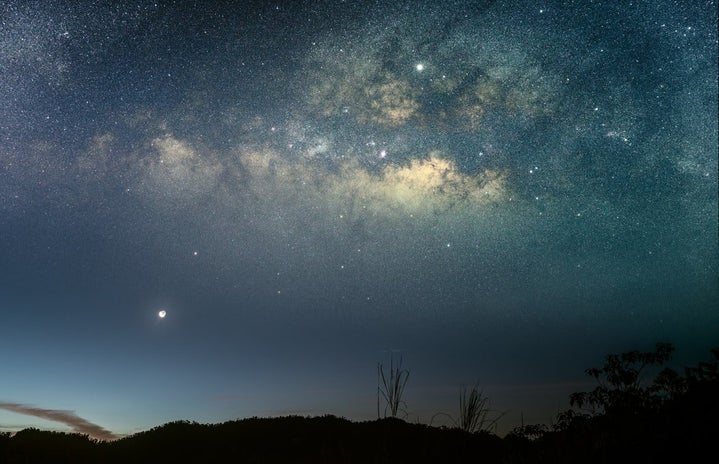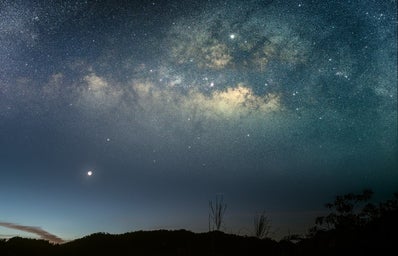The Stars and the Blackness Between Them, by Junausa Petrus, follows the emotional and spiritual evolution of two young women: Mabel and Audre. Their personal story arcs focus on their individual progression throughout the complexities of life and death, yet they intertwine and overlap, shown through powerful insights into their nuanced, deep relationship. Audre copes with her unaccepting mother and lost love, while Mabel struggles with finding her identity before a death that looms over her mind, body, and soul. These young women, with the spiritual help of Queenie and Afua, help each other in ways they did not know they needed; their souls meet at the right time for both of them. Although both their individual paths of growth and the development of their romantic relationship are beautiful to experience alongside them, this novel addresses the harsh realities of both race and sexuality in ways that do not sugarcoat the severity and prominence of these issues within society. The importance of fighting back against these social injustices is sprinkled throughout this book as we follow their journeys through young adulthood in a sometimes unforgiving world.
Both Audre and Mabel experience the harm of this social injustice on a daily basis, yet we experience these instances with them and through their eyes. Looking at a moment of social injustice through the lens of those who face it everyday is an extremely important experience, which is why this book is so powerful. After the move to a new school in the states, Audre questioned why her home of Trinidad and Tobago would not be covered in her World History class’ curriculum. This question for the teacher results in snickers and chuckles from both her classmates and the teacher. Why is this question funny? For Audre, world history would and should cover a vast variety of countries, and it is not absurd for her to inquire about which countries would be covered. However, in typical school history classes, the curriculum focuses on a very limited number of places and topics, leaving many students with a lack of understanding on worldly locations and issues. Her teacher responds by explaining that the course only covers “major global events,” but for Audre, the history of her home is important. He brushes her off when she continues to inquire about these events with “global impact” and even threatens her with detention, attempting to isolate her from the class. While this page may seem insignificant in regards to the main themes of the book, this instance sheds light on the daily injustice faced by those in the minority of a classroom. The girls continue this conversation by discussing the racist history of this particular teacher, who had previously given detentions to those who participated in a walkout for a boy of color’s tragic murder. The fact that students in this school participate in walkouts for police brutality is great, but the fact that Mabel explains it is mostly because they want to skip class reminds me of the performative activism I witnessed in my school as well.

Sexuality is another social issue that this book addresses through the daily experiences of both Mabel and Audre. When Audre’s mother catches her with another woman, she sends her to live with her father because she cannot emotionally handle her daughter’s sexuality. Audre struggles with her religious and spiritual identity throughout the book because of this; her own mother sent her away after the realization that the church could not “fix” Audre of this “illness.” Both Audre and her first love, Neri, are conditioned to view their sexuality as a sickness or something wrong that needs to be fixed by a higher power… Unfortunately, this view is extremely common throughout families. Similarly, Mabel’s father perpetuates harmful stereotypes of lesbian women when discussing Mabel’s favorite band, BLK LVRS. When her father assumes that the singers are all “butch” lesbian women, Mabel explains that it annoyed her because he acted “like he knew them or understood something about them because of how they rocked they hair or clothes.” These assumptions that circulate throughout society are extremely harmful, especially since these singers identify themselves as nonbinary. Towards the end of book, Mabel and her father discuss her love of women and her relationship with Audre, and he responds with openness and acceptance. The beautiful progression of Mabel and her father’s relationship illustrates the possibility of growth when it comes to educating oneself on sexuality.
After experiencing the spiritual and astrological aspects of Mabel and Audre’s navigation through their inner selves, I learned the importance of self reflection and analysis. Both Mabel and Audre allow themselves to delve into their mind, exposing their deep thoughts on life, death, purpose, relationships… Oftentimes, young adulthood becomes overwhelmed with busy day-to-day tasks that take away from self reflection. This book has shown me the personal growth and development that comes from self analysis; taking the time to find one’s value and purpose in the world is extremely beneficial. Audre discovers her individuality and self worth, while Mabel accepts her attraction to Audre and the undeniable connection between their two souls. This book also made me appreciate one’s connection and attachment to a specific musical group. For example, Mabel develops a deep connection to the band BLK LVRS because they are all “weird black kids,” which is how she tends to describe herself as. Their music and concert experience allowed Mabel to feel a sense of belonging, freedom, and bliss within herself. I loved her connection to music throughout the story, and it inspired me to create a deeper connection to some songs that I enjoy listening to as well.


